News & Updates
News & Updates
- news-updates
Global NeuroTech Market
China NeuroTech Market
Industry News and External Resources
Internal Resources
Global NeuroTech Market
Global NeuroTech Market
The field of neurotechnology (NeuroTech) is one of the most promising and prospective sectors of modern biotech. NeuroTech uses electrical stimulation and sensing as tools for understanding and controlling nervous system functions for research, diagnosis, and treatment. In the regional proportion, the US is an absolute leader in the industry, with a 53.6% share of the total number of companies. Europe, the second-biggest market, takes 20.3% of the share. Only 5.7% belongs to Asian companies, but their NeuroTech sector has been enormously increasing, especially in China, during the last few years. The largest segment of the market for NeuroTech is currently neuromodulation, followed by neuroprosthetics and neurosensing. The plot below shows the global neuromodulation market size from 2013 to 2024.
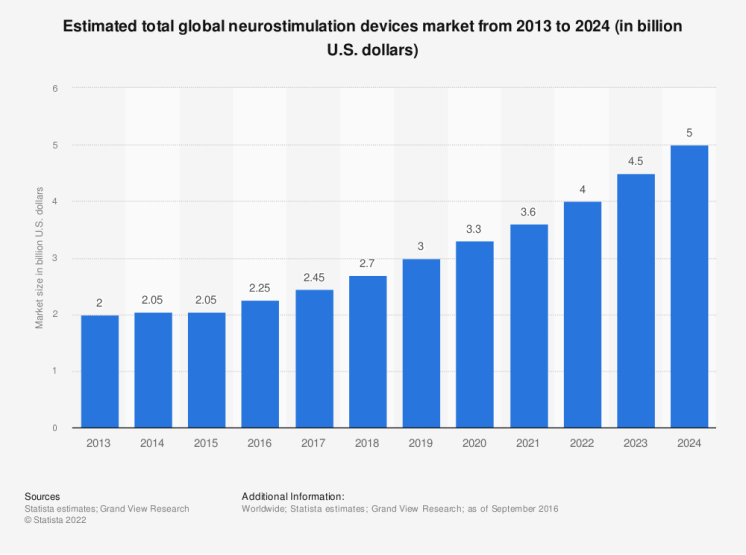
Current scientific understanding of how the brain actually works is still limited, which complicates the development of devices to integrate with the more excellent nervous system in effective and reproducible ways. In the past decade, seven international actors have launched “Brain Projects” or “Brain Initiatives,” including entities in the United States, Europe, Japan, China, and Israel. These brain initiatives involve stakeholders from government, academia, military, and industry and direct hundreds of millions of dollars to specific research goals. The outcomes of these initiatives will not only further our understanding of the brain but also enable the development of new technologies that will have far-reaching implications for patient lives, public health, and even national security.
Even though impressively much has been accomplished in neuroscience over the last several years, only exceptional startups based on novel high-promise technologies have been able to enter the mass market due to the high intrinsic risk of nervous system operations and expensive R&D costs. The NeuroTech industry also depends heavily on the readiness of private and public health insurance organizations to reimburse the cost of the devices. The NeuroTech market includes both established competitors and start-up firms. Among the main competitors in NeuroTech are Medtronic, Boston Scientific, Abbott, LivaNova, Nevro, Blackrock, and Advanced Bionics.
China NeuroTech Market
China NeuroTech Market
China’s growing aging population is contributing to an increasing incidence and prevalence of dementia and other neurological diseases. The plot below shows the age distribution in China from 2011 to 2021, highlighting the rising population of the 65 years+ age group. It is estimated that about one-fifth of China’s population of 1.4 billion currently suffers from chronic neuropsychiatric or neurodegenerative diseases. In their most recent 5-year plan, China addressed economic and productivity concerns fostered by an aging population and considerations for national economic stability, as resources and services required for elder care will stress their welfare programs and medical systems.
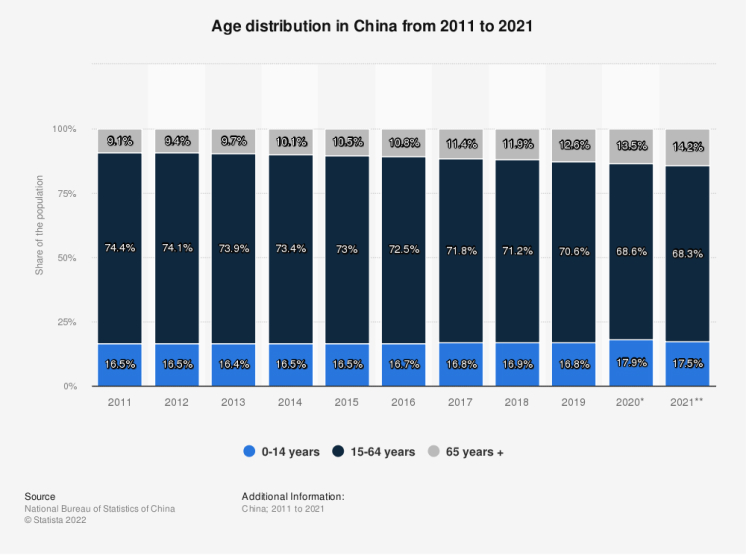
China has the world’s largest patient population for nearly all major brain disorders and urgently needs early diagnosis and novel intervention technologies. China is a critical, fast-growing growing market for neurological device makers. In March 2016, the Chinese National People’s Congress approved 15-year China Brain Project. It is one of four pilot programs of the Innovation of Science and Technology Forward 2030 program. Based on research on the neural principles of brain cognition, the China Brain Project is structured as ‘one body and two wings’, with the goal of developing treatments for major brain disorders and promoting the development of a new generation of artificial intelligence. The China Brain Project focuses on three neurologic and neuropsychiatric diseases: autism in children, depression in adults, and Alzheimer’s disease in the aged population.
In China, money invested by the government goes to dedicated brain research institutes or universities across the country. Some of the top centers in China for brain research are Tsinghua University, Tianjin University, Zhejiang University, the Institute of Neuroscience in Shanghai, and the Chinese Institute for brain research, in Beijing. Chinese manufacturers of deep brain stimulation (DBS) and other neuromodulation devices have advanced in the last decade. PINS Medical and SceneRay are the major Chinese competitors in the space.
Industry News and External Resources
Industry News and External Resources
Global Neuromodulation Devices Market Research Report 2022

$9.56 Billion Market by 2029 – Emergence of Neuromodulation as Add-on Therapy & Low Approval Rate of CNS Drugs
Metabolic Effects of Dual Neuromodulation of Vagus Nerve in a Type 2 Diabetic Model

Stimulation of Vagus Celiac Fibers with Concurrent High Frequency Alternating Current Block of Hepatic Fibers Decreases Glucose Variability in a Swine Model of Type 2 Diabete.
Deep Brain Stimulation Effective for Severe OCD
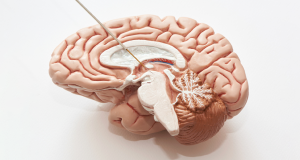
Summary: Deep Brain Stimulation can improve symptoms of OCD by up to 50% and provide substantial improvements in two out of three sufferers.
Stimulation of the Vagus Nerve Strengthens the Communication Between the Stomach and the Brain
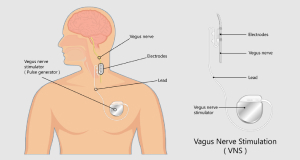
Summary: Non-invasive stimulation of the vagus nerve can help strengthen communication between the stomach and brain within minutes.
Deep Brain Stimulation to Brain Area Linked to Reward and Motivation Is Potential Therapy for Depression
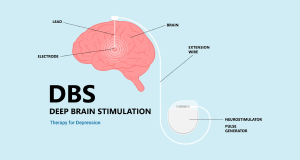
Summary: Deep brain stimulation applied to a small brain area associated with reward and motivation resulted in metabolic brain changes over 12 months post-implantation and alleviated some symptoms of depression for those with treatment-resistant depression.















